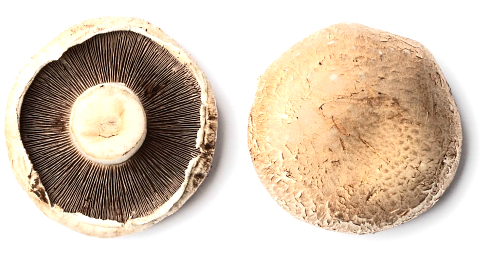|
Definition: "An ergogenic aid is any substance or phenomenon that enhances performance "
|
|
||||||||
14.04.2025 |
|
|
The nootropic effect of creatine | Metastudy
Creatine was primarily considered a supplement for bodybuilders and other strength athletes ten years ago, but it is now becoming clear that creatine has a much broader ergogenic effect. According to a meta-study published in Frontiers in Nutrition in 2024, creatine also has a significant nootropic effect.
Study
In the trials, researchers studied the effect of creatine on human cognitive ability. The duration of the supplementation varied from 7.5 hours to 24 weeks. The studied daily doses varied from 3-20 grams of creatine per day.
The researchers aggregated the results of the trials and reanalyzed them.
Results
You can see this in the figure below. Click on it for a larger version.
Creatine simultaneously improved memory function, according to the figure above. We have written about this nootropic effect of creatine before.
In addition, creatine accelerated the speed of thought processes in the brain.
Mechanism
"Firstly, creatine increases the energy supply to brain cells, particularly in the form of phosphocreatine, which is crucial for maintaining cellular ATP levels in the energy-demanding brain."
"Secondly, creatine may enhance memory by improving neurotransmitter function, such as by increasing the synthesis of neurotransmitters like acetylcholine."
"Additionally, creatine may function as a neuromodulator, potentially affecting synaptic efficacy and plasticity, which are vital for learning and memory processes. For instance, studies have shown that creatine is present in synaptic vesicles, released upon stimulation, and can be taken up by synaptosomes and synaptic vesicles, thereby enhancing neurotransmission."
"Furthermore, creatine may exhibit neuroprotective properties by mitigating oxidative stress damage to brain cells."
Conclusion
"Future research should investigate the influence of different populations and intervention durations on the effects of creatine monohydrate supplementation, as well as elucidate the precise mechanisms underlying its potential cognitive-enhancing properties."
Source: More: Archives:
|
|
||||||||||||||||







